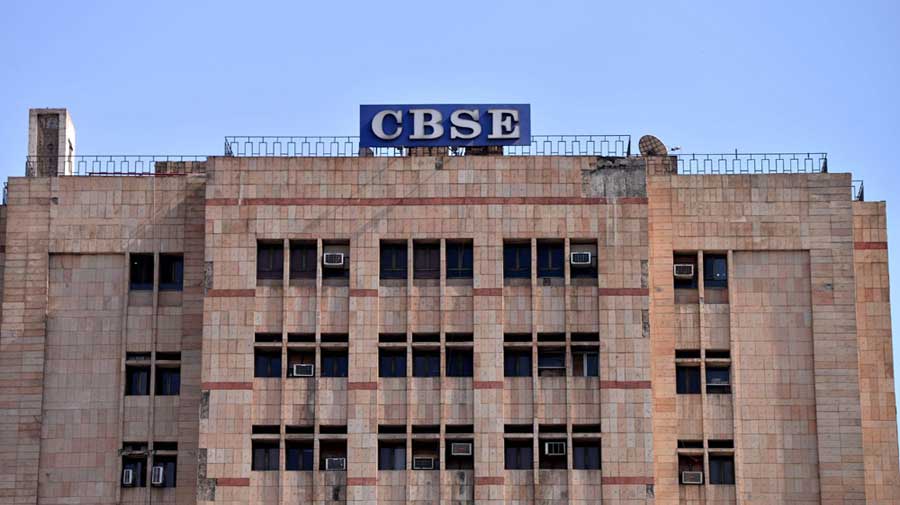Over 500 academics have publicly declared that the Central Board of Secondary Education’s decision to delete the chapters on federalism, secularism, democratic rights, caste and nationalism from its syllabus would deprive future citizens “of the resources to develop critical thinking and a scientific temper”.
They have petitioned the board to restore the deleted chapters and instead drop a few examples and details from the text if the epidemic-induced closure of classrooms makes it an imperative to lighten the syllabus.
Among eminent academics who have signed the petition are Romila Thapar, professor emerita at Jawaharlal Nehru University, JNU history professor Kumkum Roy and Delhi University history professor K.M. Shrimali. Several academics from outside India are among the signatories.
Last week, the board had dropped certain chapters from the syllabuses for Classes IX to XII citing the compulsions of the Covid-19 outbreak that has shut down physical classrooms.
Among the deleted chapters are those on reproduction, evolution, environmental issues, mathematical reasoning, gender, caste, citizenship, and popular struggles and movements.
“Avoiding formal and academic engagement with these issues would mean depriving future young citizens of the resources to develop critical thinking and a scientific temper, the basic equipment required for citizens in a rapidly changing world,” the petition says.
“We urge that these themes be restored immediately, and, if required, certain details/examples be pruned from chapters, after due consultation with the teams that had developed these syllabi and curricula. Hasty and arbitrary actions are best avoided, for these will have serious long-term repercussions.”
Kumkum Roy told this newspaper in an email that the deleted chapters represented crucial themes for future citizens, and advocated shedding examples and case studies rather than entire themes.
“Those who had framed the material may have been able to advise on how to reduce sections of the courses without causing a major disruption,” Roy said.
Once topics are dropped, there is “invariably a reluctance to return to them”, she wrote.
“This is true of most changes that are introduced; they often have a tendency to become permanent through a process of inertia. Also, given the uncertainty of the duration of the pandemic, we are in no position to predict what the future would be like-- in such a situation, any changes that are introduced need to be made with care and caution,” Roy wrote.
With the students struggling with online classes amid a digital divide, most of them would be unlikely to be able to grapple with anything more than the bare minimum, she wrote.
So, it’s all the more crucial to carefully decide what the issues of fundamental importance are and which themes would strengthen the children’s understanding of constitutional values, and ensure that all the learners have access to this basic knowledge, Roy wrote.











